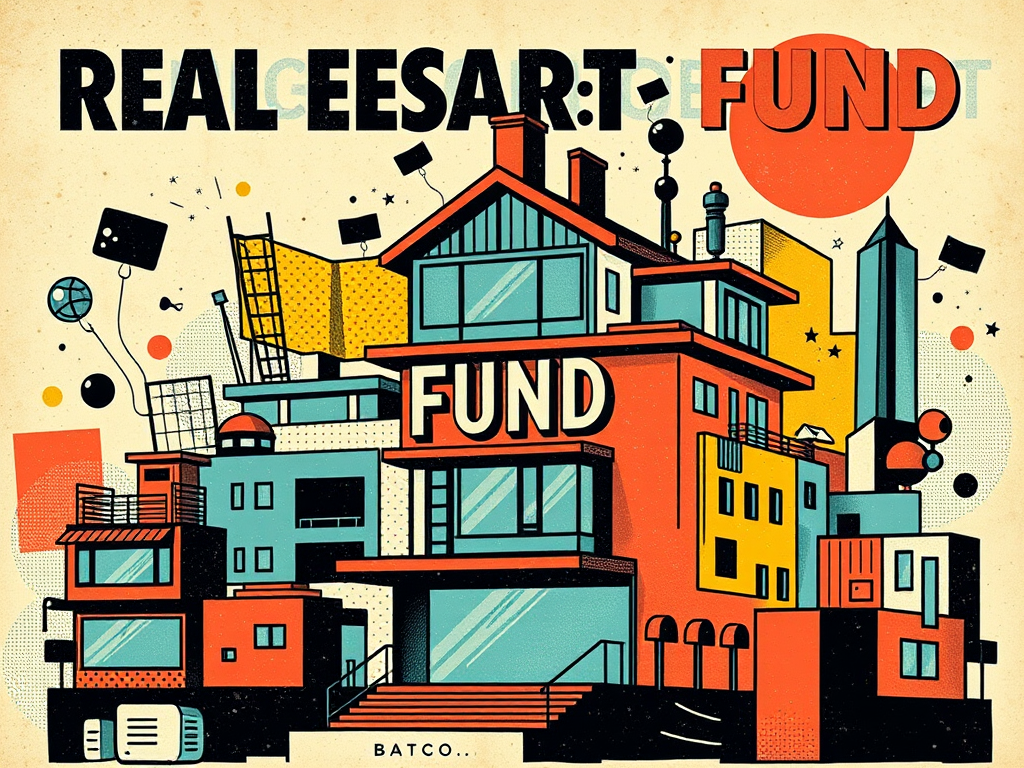Property Value Drops: If Market Value Falls Below €250k, Is Your Visa at Risk?

Property Value Drops: If Market Value Falls Below €250k, Is Your Visa at Risk?
Reading time: 12 minutes
Table of Contents
- Introduction
- Understanding the Golden Visa Program
- Market Dynamics and Property Values
- Legal Implications of Property Value Drops
- Strategies to Mitigate Risks
- Economic Impact on Golden Visa Holders
- Future Outlook for the Program
- Conclusion
- FAQs
1. Introduction
As we navigate the complex landscape of international real estate investment and residency programs, a pressing question has emerged for many Golden Visa holders in Greece: What happens if the market value of your property drops below the €250,000 threshold required for the visa? This comprehensive analysis delves into the intricacies of this scenario, exploring the economic factors at play, legal implications, and potential strategies for investors facing this predicament.
The Golden Visa program, a cornerstone of Greece’s efforts to attract foreign investment, has been a significant driver of the country’s real estate market since its inception. However, as with any investment, market fluctuations can impact property values, potentially jeopardizing the visa status of investors. This article aims to provide a data-driven, authoritative perspective on this issue, offering insights for current visa holders, prospective investors, and policymakers alike.
2. Understanding the Golden Visa Program
Before diving into the specifics of property value fluctuations, it’s crucial to establish a solid understanding of the Golden Visa program itself. Launched in 2013, the Greek Golden Visa program offers residency permits to non-EU nationals who invest a minimum of €250,000 in Greek real estate. This initiative has been instrumental in attracting foreign capital, particularly in the wake of Greece’s economic crisis.
Key Features of the Greek Golden Visa:
- Minimum investment: €250,000 in real estate
- Residency rights for the investor and family members
- Visa renewal every five years, provided the investment is maintained
- No minimum stay requirements
- Potential path to citizenship after seven years of residency
The program’s success has been evident in the numbers: since its inception, thousands of investors have taken advantage of this opportunity to buy property in greece and secure residency rights. However, the program’s reliance on property values as a qualifying factor introduces an element of market risk that warrants closer examination.
3. Market Dynamics and Property Values
The Greek real estate market, like many others globally, is subject to various economic forces that can impact property values. Understanding these dynamics is crucial for assessing the risk of property values falling below the Golden Visa threshold.
Factors Influencing Property Values:
- Economic growth and stability
- Tourism trends
- Urban development initiatives
- Global economic conditions
- Local supply and demand dynamics
Recent data indicates a generally positive trend in Greek property values, with prices in popular areas like Athens and the Greek islands showing resilience even amidst global economic uncertainties. However, localized factors can lead to disparities in value appreciation or depreciation across different regions.
For instance, while central Athens has seen significant price increases, some peripheral areas or less touristic islands might experience more modest growth or even slight declines. This variability underscores the importance of strategic property selection for Golden Visa investors.
4. Legal Implications of Property Value Drops
The core concern for many Golden Visa holders is whether a decrease in property value below €250,000 could jeopardize their residency status. This section examines the legal framework surrounding this issue and potential implications for visa holders.
Current Legal Stance:
As of now, the Greek government has not explicitly outlined procedures for cases where property values fall below the initial investment threshold. The legal interpretation generally focuses on the value at the time of purchase rather than ongoing market valuations. However, this lack of clear guidance creates a degree of uncertainty for investors.
Potential Scenarios:
- Grandfathering clause: Existing visa holders might be protected from market fluctuations.
- Reassessment at renewal: Property values could be reevaluated during visa renewal processes.
- Additional investment requirements: Investors might be asked to “top up” their investment if values drop significantly.
While these scenarios are speculative, they highlight the need for clear policy communication from Greek authorities to ensure investor confidence and program stability.
5. Strategies to Mitigate Risks
Given the potential uncertainties surrounding property value fluctuations, prudent investors should consider strategies to mitigate risks associated with the Golden Visa program.
Risk Mitigation Approaches:
- Diversification: Investing in multiple properties to spread risk and potentially exceed the minimum threshold.
- Location selection: Focusing on areas with strong growth potential and stable demand.
- Property improvements: Enhancing property value through renovations or upgrades.
- Regular valuation: Conducting periodic assessments to stay informed of current market value.
- Legal consultation: Seeking advice from experts specializing in Greek immigration and real estate law.
These strategies can help investors maintain the value of their investment and potentially safeguard their visa status against market fluctuations.
6. Economic Impact on Golden Visa Holders
The potential for property value drops extends beyond visa status concerns, impacting the overall economic position of Golden Visa holders. This section examines the broader financial implications for investors.
Economic Considerations:
- Rental income potential
- Capital gains prospects
- Currency exchange rate fluctuations
- Greek tax implications
While the primary concern for many is maintaining visa eligibility, the investment aspect of the Golden Visa program remains crucial. A holistic approach to investment strategy, considering both residency benefits and financial returns, is advisable for long-term success.
7. Future Outlook for the Program
As we look ahead, several factors could influence the future of the Greek Golden Visa program and its relationship to property values.
Potential Developments:
- Policy adjustments: The Greek government may refine program rules to address value fluctuation concerns.
- Economic recovery: Continued improvement in the Greek economy could support property value stability.
- Competitive landscape: Changes in similar programs in other countries might impact demand for Greek Golden Visas.
- EU regulations: Potential EU-wide policies on investment-based residency programs could affect the Greek scheme.
Monitoring these developments will be crucial for current and prospective Golden Visa investors to make informed decisions about their investments and residency status.
8. Conclusion
The question of whether a drop in property value below €250,000 puts Golden Visa status at risk remains complex and, to some extent, unresolved. While current interpretations suggest that initial purchase value is the primary consideration, the lack of explicit policy on this matter creates uncertainty.
Investors in the Greek Golden Visa program should approach their investment with a comprehensive strategy that considers both maintaining visa eligibility and achieving favorable economic outcomes. This approach involves careful property selection, potential diversification, and staying informed about legal and policy developments.
As the Greek real estate market continues to evolve and the Golden Visa program matures, it’s likely that clearer guidelines will emerge to address these concerns. In the meantime, proactive risk management and seeking expert advice remain prudent courses of action for Golden Visa holders and aspiring investors alike.
The interplay between property values, residency rights, and investment strategies in the context of the Golden Visa program exemplifies the complex, interconnected nature of global real estate investment. As we navigate this landscape, staying informed, adaptable, and strategic will be key to successful outcomes for all stakeholders involved.
FAQs
1. Can I lose my Golden Visa if my property value drops below €250,000?
Currently, there’s no explicit policy stating that a decrease in property value would result in visa revocation. The initial purchase price is typically the primary consideration. However, it’s advisable to consult with legal experts and stay informed about any policy changes.
2. How often should I have my property valued to ensure it meets the Golden Visa requirements?
While there’s no mandatory valuation frequency, conducting an assessment every 1-2 years can help you stay informed about your property’s market value. This is particularly important as you approach visa renewal periods.
3. Are there any plans to change the minimum investment amount for the Greek Golden Visa program?
As of now, there are no official announcements regarding changes to the €250,000 threshold. However, investment requirements for such programs can change, so it’s important to monitor official government communications.
4. What happens if I want to sell my Golden Visa property and reinvest?
Generally, you can sell your property and reinvest in another, provided the new investment meets the program’s requirements. However, it’s crucial to manage this process carefully to ensure continuous compliance with visa conditions.
5. How does the Greek Golden Visa compare to similar programs in other European countries?
The Greek program is known for its relatively low investment threshold compared to some other European countries. However, each program has unique features, benefits, and requirements. It’s worth comparing options based on your specific goals and circumstances.

Article reviewed by Mehmet Yılmaz, Business Transformation Leader | Operational Excellence Architect, on March 26, 2025




